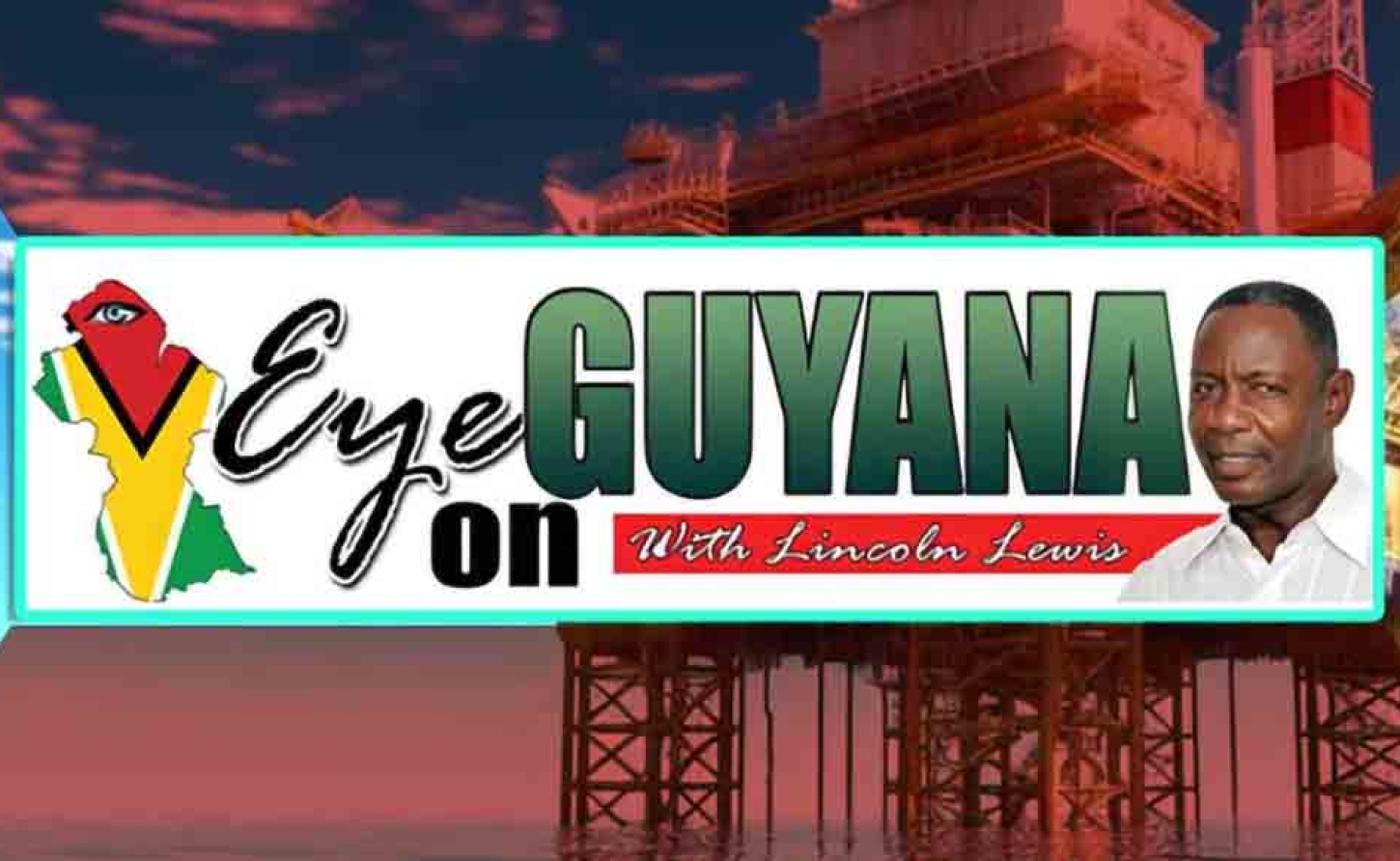GUYANA | When the Court Punishes the People for Seeking Constitutional Clarity, Democracy Is on Trial

GEORGETOWN, Guyana, September 14, 2025 - Let us make no mistake—when the courts become a place where citizens are punished for daring to question the law, democracy itself is under siege.
The recent ruling by Acting Chief Justice Navindra Singh dismissing Forward Guyana Movement’s (FGM) challenge to their exclusion from the ballot in several regions and then ordering the applicant to pay a $2 million cost is not merely disappointing. It is dangerous, punitive, and sets a chilling precedent for every Guyanese citizen who may one day need to approach the courts for justice.
Let us unpack what has happened here.
Forward Guyana Movement approached the Constitutional Court seeking clarity and fairness, two fundamental pillars of any democratic society. Their exclusion from parts of the ballot warranted legal scrutiny.
For the first time in our history, the court was asked to interpret a constitutional question of this nature regarding GECOM’s actions. But instead of seizing the opportunity to educate, elucidate, and strengthen our democracy, the court turned punitive.
FGM approached the court a little over a week before the September 1 elections, filing their application on August 20. The matter was heard on August 27 and a ruling delivered on August 29. Yet despite this timeline indicating the party acted promptly upon discovering their exclusion from the ballot, the court dismissed the case and imposed a punitive $2 million cost.
The ruling reads not as an interpretation of constitutional law but as a message that says do not dare question the status quo. The court not only dismissed the case, but it did so while delivering a financial blow, demanding $2 million in costs from citizens seeking legal clarity. The justification was that the timing of the application wasted court resources.
This reasoning is deeply flawed and, frankly, disrespectful to the spirit of the Constitution. FGM acted within a reasonable timeframe based on when they became aware of the issue.
But instead of being acknowledged for attempting civil recourse, they were met with the hammer of punitive retribution, all while GECOM, the body whose decision triggered the court action, got off scot-free.
When a judge seems more concerned with defending the efficiency of an agency like GECOM than ensuring the right to be heard and protected under the Constitution, something has gone terribly wrong.
It raises deeply troubling questions about whether justice is still blind or whether it now squints through partisan lenses. This is not justice. This is suppression.
The Constitution, which every judge swears to uphold, was never intended to be a weapon used against citizens who interpret the law differently from the bench. The role of the Constitutional Court is to interpret not intimidate, to guide not gouge, to protect not punish.
But here we have a citizen, an entire political movement, being financially punished simply for seeking clarity on a matter never before addressed by the court.
And if the FGM decides to appeal this case all the way to the Caribbean Court of Justice (CCJ) and should the CCJ find in their favour and overturn this decision, will the judge welcome that judgment with the same speed and strength with which he issued his ruling? Or will it simply expose the personal prejudice that tainted the original ruling?
When personal feelings, political leanings, or class allegiances enter the chambers of justice, what we are witnessing is not the rule of law but the abuse of judicial power under the guise of legality.
In Guyana’s fragile democracy, already burdened with many signs of creeping authoritarianism, the courts are the last wall standing between the people and dictatorship. If that wall crumbles, what’s left? What happens when the court, the last place of refuge, turns on the people?
What happens is what history tells us will happen. People will take to the streets, not because they want to, but because they are left with no choice. When the court refuses to hear the people, punishes them for daring to speak, vigilante justice becomes the only recourse for survival. And that, comrades, is the beginning of the end.
We are now in a moment where we must ask ourselves. Is the judiciary serving justice or silencing dissent? Is it protecting the Constitution or is it defending power?
In this country we are no strangers to oppression. But never must we allow our courts to become tools of that oppression. Never must a citizen fear that seeking justice will bankrupt them. Never must a party, no matter how small or new, be punished for daring to challenge the might of the establishment.
To those in robes, in chambers, behind benches I say this: Your duty is to the Constitution and the people, not to your comfort, your time, or your political preference. If you find a citizen’s constitutional application vexing, perhaps it is time to examine the weight of your robe.
History will remember whether you chose to be an interpreter of law or an enforcer of silence.
And to the people of Guyana—stay vigilant. For democracy dies not only with a gun but also with a gavel, when the hand that swings it forgets who it was meant to protect.
-30-
